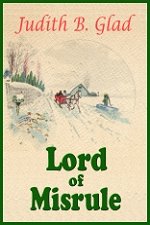
NOTES AND THOUGHTS FOR 29JAN2007
Epi-phany (from phanos)from phaino; a lightener, i.e. light; lantern:--lantern.
Showing forth of something higher.
Zeus and Mnemosyne(memory) = Muses
In illo tempore - "At that time", found often in the Gospel lecture during the Mass. It is used to mark a time in an indeterminate past.
Epic - Odyssey, Iliad (Homer), & Aeneid (Virgil)
Drama - Shorter and more focused than an epic. Sophocles, Euripides, Aristophanes, Aeschylus. (dramatic tragedy is THE perfect form)
Canonical - ca·non·i·cal·ly, adverb
Theogony - (Homer) Hymns and bith of God
- gon = birth
- theo = god
- Anti-gone - against birth
Homeric Hymns - 8th to 5th century B.C.E.
- Picard says that the Homeric hymns are root metaphors of western civilization.
(Gilgamesh may be first record of such writing.)
Demeter - Root metaphor for:
- Creation (pregnancy) - Terms of Endearment (Men are useful but not necessary)
Etiology - explains the way things are. - Agriculture
- Marriage
- The path to the underworld
- And More...
Rapunzel - entire Grimm version as discussed in class.
Cereal from Ceres a.k.a. Demeter
This print of Melpomene shows the muse of tragedy with the poet Hesiod. Hesiod was an early Greek poet and rhapsode, who presumably lived around 700 BC.
Follow this link to an example of how classical mythology is reintroduced into present fiction. Just click on wizard of the month.


No comments:
Post a Comment